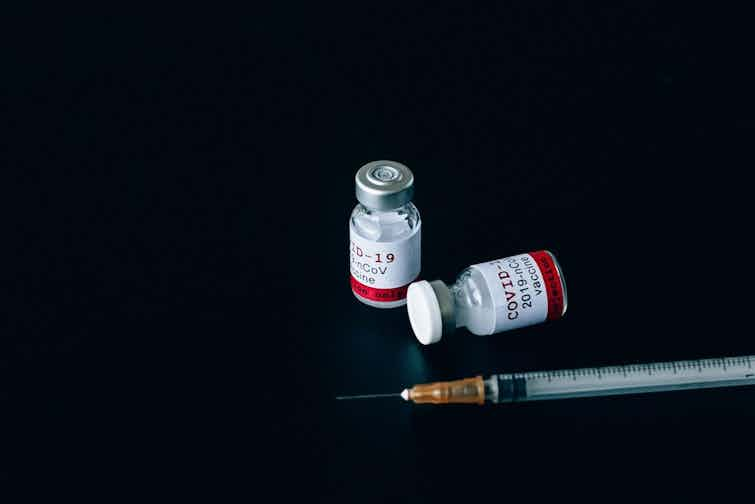As we navigate through the ever-evolving landscape of post-pandemic life, while at the same time hearing stories about potential new variants of concern, it's only natural to have questions about Covid-19 vaccines and where you can get a booster.
The process of booking a Covid-19 booster has undergone some changes as of August 2023. Staying attuned to these is imperative in safeguarding our communities and ensuring a healthier future for all.
What is a Covid booster?
A Covid-19 booster vaccine, also known simply as a ‘booster,’ is an additional dose of a coronavirus vaccine given to people who have already received their initial Covid-19 vaccination programme, made up of a first and second dose. A booster jab aims to enhance and extend the protection provided by the original vaccine series, especially as your immunity might decrease with age or in response to emerging virus variants.
Booster shots aim to 'boost' the immune response, enhancing the level of protection against Covid-19. They are typically recommended for populations at higher risk of severe disease or reduced vaccine effectiveness, such as older adults or people with certain underlying health conditions.
Who might need a Covid booster vaccine?
The eligibility for boosters includes individuals at increased risk of severe illness and those frequently around them. These include:
- Older adult residents in long-term care homes.
- 65-year-olds and above.
- Anyone between the ages of 6 months and 64 years who belongs to a clinical risk group, as specified in the Covid-19 chapter of the Immunisation Green Book.
- Healthcare and social care workers on the frontline.
- People aged 12 to 64 years who are household members (as defined in the Green Book) of individuals with weakened immune systems.
- People aged 16 to 64 years who are carers (as defined in the Green Book) and employees in long-term care facilities for older adults.
If you’re unsure if this includes you, contact your GP practice for clarification.
Why should I get the booster jab?
For those at higher risk of severe Covid-19, opting for a seasonal Covid-19 vaccine is the most effective method to safeguard yourself and others.
Studies indicate the vaccine:
- Lowers the likelihood of severe illness or mortality from Covid-19.
- Decreases the chances of contracting and transmitting the virus.
- Provides defence against various Covid-19 strains (variants).
By receiving the vaccine, you significantly reduce the risk of severe illness or hospitalisation if you contract Covid-19.
What’s different now?
Currently, Covid-19 vaccines are solely available for children aged six months to 4 years who are at higher risk of experiencing severe illness due to Covid-19.
Previously, you may have been able to attend a walk-in Covid-19 vaccination site whenever you wanted, but now you have to wait until the NHS contacts you based on your NHS England record. However, the NHS website states that walk-in vaccination clinics may be available in the autumn for eligible people.
Changes from June 30, 2023
Starting from June 30, 2023, the NHS website has informed that Covid-19 vaccination appointments cannot be booked online, through the national booking service, or via telephone after the conclusion of the spring booster campaign.
The vaccination service will be accessible during specific seasons. This booking system will become operational once seasonal vaccinations are available later in the year.
For further information, refer to the NHS website or the official GOV.UK site.
How will it work?
The Joint Committee on Vaccination and Immunisation (JCVI) states that the completion of the autumn booster campaign should occur by the end of December 2023.
When the vaccines are available, getting the Covid-19 seasonal vaccine could involve:
- Making an online appointment.
- Visiting a walk-in Covid-19 vaccination centre.
- Using a nearby NHS facility, such as a GP surgery.
- Having the vaccine through your care home.
To book, you’ll need your NHS number.
You will receive a booster shot of a vaccine produced by Pfizer, Moderna, or Sanofi, all of which have received approval in the UK. These vaccines have undergone modifications since the initial versions to target various Covid-19 variants.
Image Credit: Nataliya Vaitkevich at Pexels






